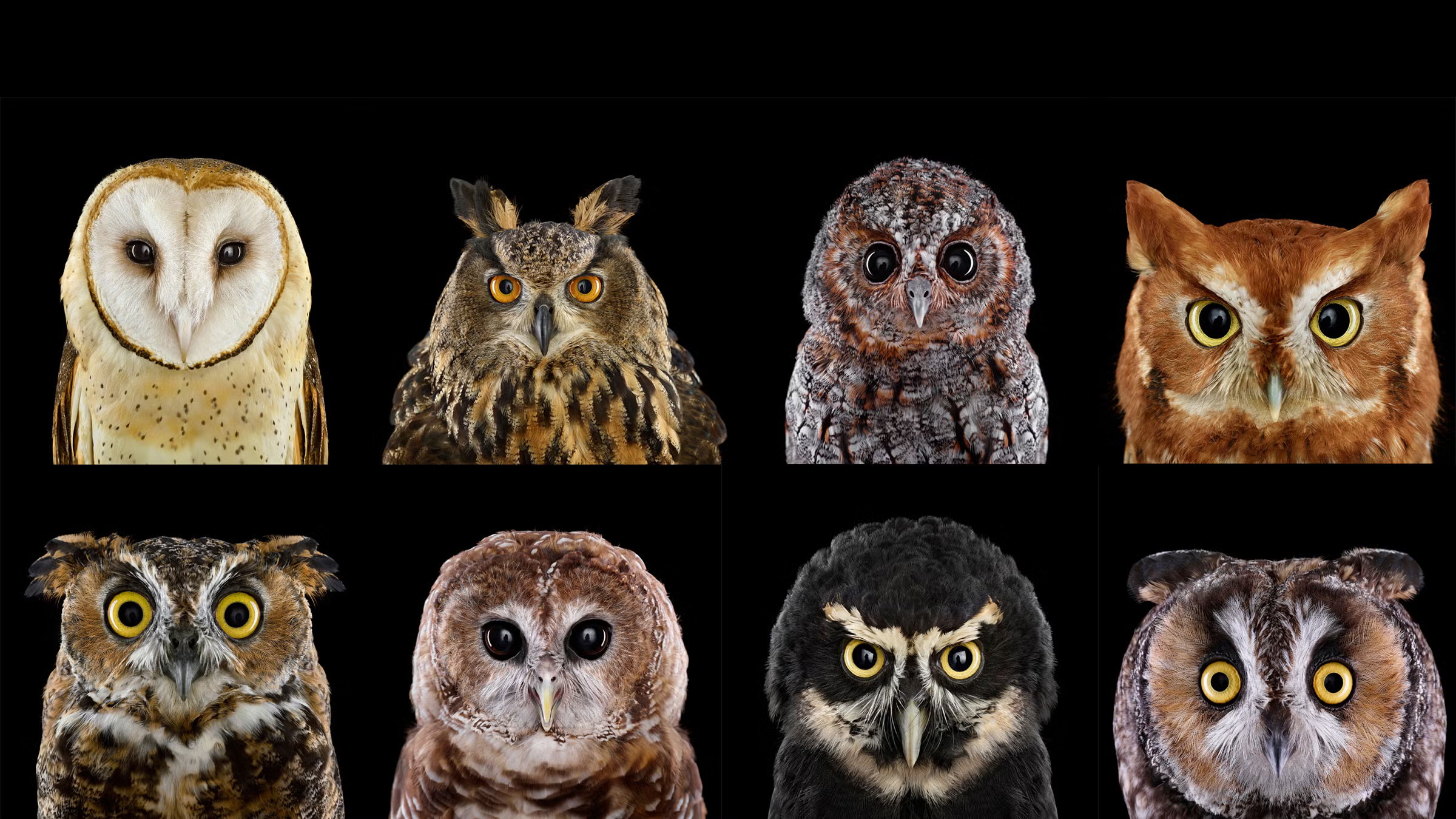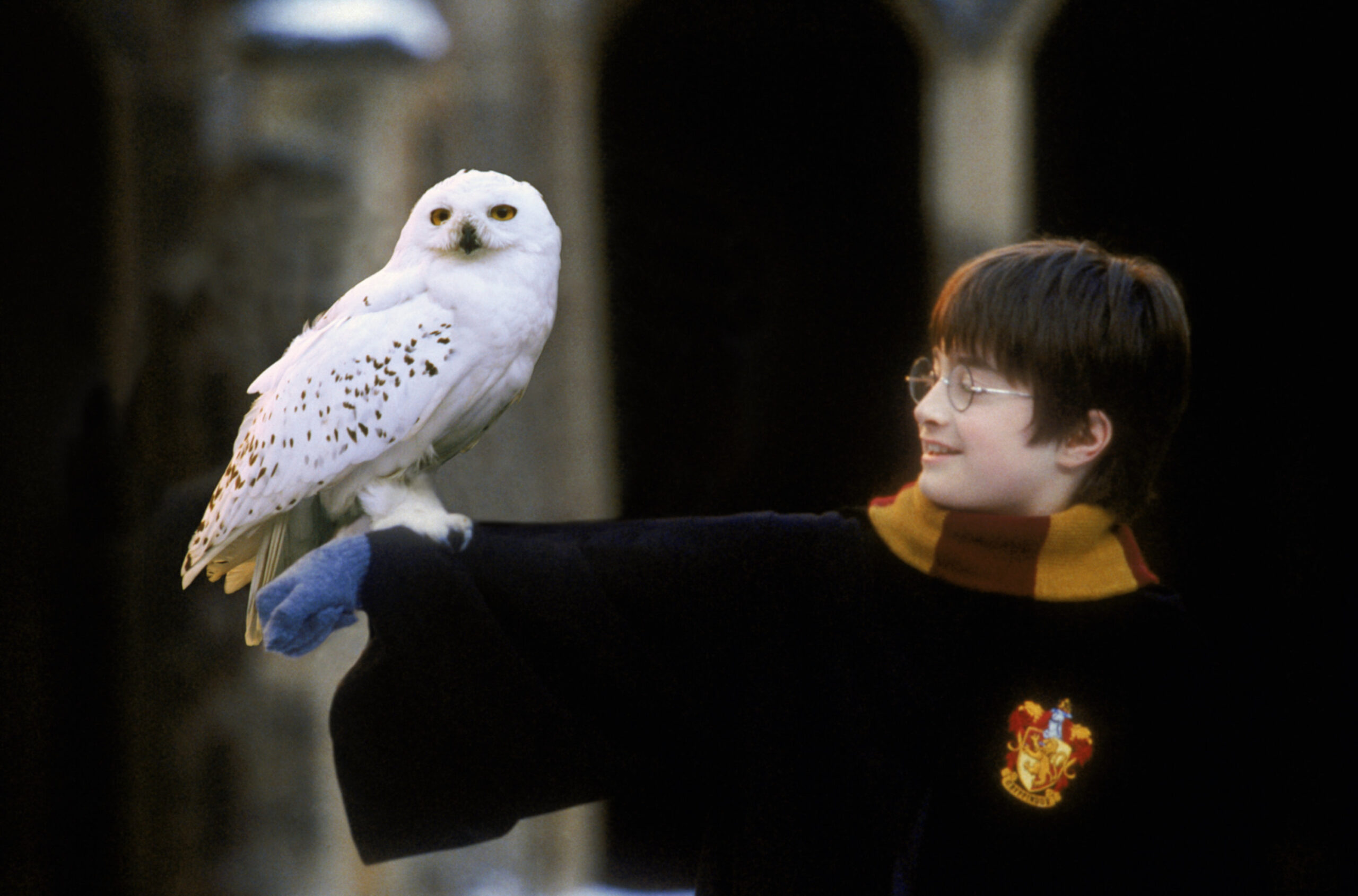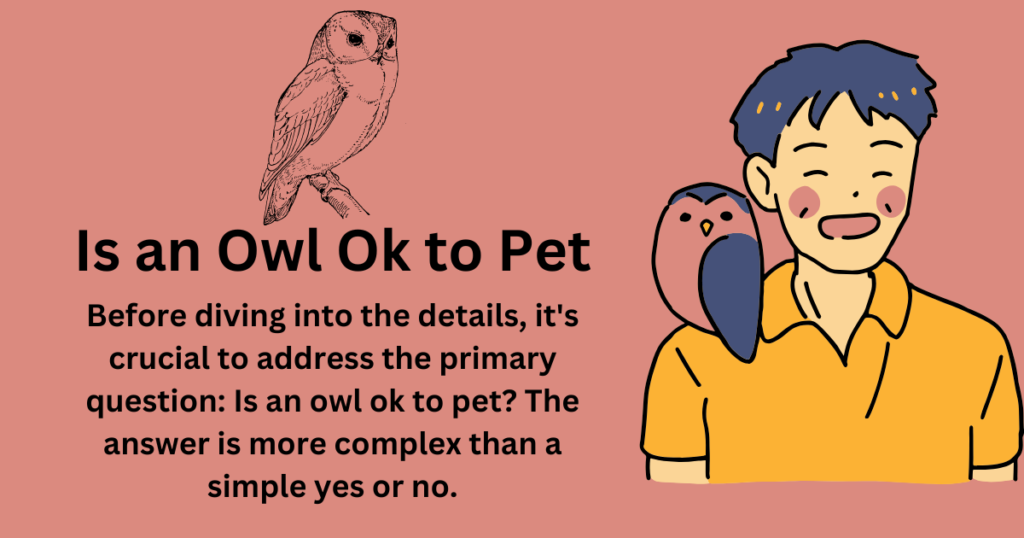Owls have captivated people for hundreds of years with their mysterious nature, beautiful feathers, and wonderful calls.
As one of the most captivating birds in the world, it’s no surprise that many humans dream of having an owl as a pet. However, a not-unusual query arises: Is an owl adequate for the pet?
This article will explore various aspects of owl care, behavior, legality, and more, offering treasured records for those thinking about an owl as an associate.
Before diving into the information, it’s vital to cope with the number one query: Is an owl adequate for a puppy? The answer is more complex than a simple yes or no.
Owls are wild animals with unique needs that fluctuate substantially from conventional pets like cats or puppies.
This article objectives to provide intensive information of these lovely creatures that will help you make a knowledgeable choice.
Understanding Owls
Owls belong to the order Strigiformes, which incorporates around two hundred species. They are nocturnal hunters recognized for his or her top-notch nighttime vision and silent flight.
Owls are discovered on every continent except Antarctica and are recognized for their distinct facial discs, sharp talons, and specialized feathers.
Anatomy of an Owl
- Eyes: Large and ahead-facing, supplying outstanding depth notion.
- Feathers: Soft and serrated edges allow for silent flight.
- Talons: Powerful and designed for looking for prey.
- Hearing: Exceptional listening abilities because of asymmetrical ear placement.
Natural Habitat
Owls generally inhabit forests, grasslands, deserts, and concrete regions. They are solitary birds, who prefer to live on their own or in pairs.
Understanding their herbal conduct and habitat is critical earlier than thinking about them as pets.
Owls as Pets: A Closer Look
Keeping an owl as a puppy can also seem attractive, but it comes with many demanding situations. Is an owl good enough to pet?
While it’s far viable to domesticate some species, it’s essential to recognize that these birds have precise needs that can be hard to meet in a home environment.
Species of Owls Suitable for Pets
Not all owl species are suitable as pets. Here are a few that are normally stored in captivity:
- Eastern Screech Owl
- Barn Owl
- Great Horned Owl
Each of these species has its specific characteristics and care necessities.

Understanding Their Behavior
Owls are not social animals like dogs or cats. They have complex behaviors and can be territorial. If you decide to hold an owl, it’s vital to recognize their body language and vocalizations.
Pros and Cons of Owning an Owl
Before answering the question, Is an owl ok to pet? Let’s weigh the pros and cons of proudly owning one.
Pros
- Unique Companionship: Owls are fascinating creatures that can offer a unique companionship experience.
- Educational Value: Owning an owl can provide insights into wildlife and conservation.
- Aesthetic Appeal: Owls are visually stunning, and plenty of people appreciate their splendor.
Cons
- High Maintenance: Owls require specialized care, which includes specific diets and habitats.
- Legal Restrictions: Owning an owl can be illegal in certain areas without special permits.
- Limited Interaction: Unlike puppies, owls aren’t cuddly pets and may not revel in handling.
Legal Considerations
Before bringing an owl into your private home, it’s critical to understand the prison implications. The legality of owning an owl varies across the United States and nations.
Video watch Is an Owl Ok to Pet
Permits and Regulations
In many places, retaining an owl requires a unique allow or license. These rules exist to defend the natural world and ensure the welfare of the animals. Always check local legal guidelines earlier than considering an owl as a pet.
Conservation Efforts
Many owl species are threatened or endangered. Supporting conservation efforts is essential to ensure these mind-blowing birds stay a part of our natural global.
How to Care for an Owl
Caring for an owl is an extensive commitment. If you’re brooding about, Is an owl good enough to puppy? You want to recognize their care requirements thoroughly.
Creating a Suitable Habitat
Owls want a large, secure enclosure that mimics their herbal environment. Key considerations encompass:
- Space: Provide enough room for flying and exercising.
- Perches: Use natural branches for perches to preserve their foot health.
- Hideouts: Include hiding spots for protection.
Environmental Needs
Owls are touchy to temperature and humidity. Maintain a cushy environment to promote their proper well-being.
Feeding Your Owl
Proper nutrition is important for maintaining an owl’s health. Unlike cats and puppies, owls are carnivores and require a particular weight loss program.
Diet Requirements
An owl’s eating regimen usually consists of:
- Whole Prey: Mice, rats, and small birds are common food assets.
- Supplements: Vitamin and mineral dietary supplements may be vital for certain species.
Feeding Schedule
Establish a normal feeding agenda to ensure your owl continues a healthy weight and power stage.
Socialization and Behavior
Understanding owl conduct is essential for their care. They aren’t domesticated like cats or dogs and might not bond with people identically.
Signs of Stress
Owls can come to be stressed because of various factors, along with managing and modifications of their surroundings. Signs of strain might also include:
- Aggression
- Excessive vocalization
- Feather plucking
Enrichment Activities
To maintain an owl mentally stimulated, recall presenting enrichment activities such as:
- Puzzle feeders
- Live prey hunting
- Interactive toys
Common Myths Approximately owls
There are many misconceptions about owls which could influence human beings’s decisions concerning their care.
Myth 1: Owls are Cuddly Pets
Owls aren’t cuddly animals. They are solitary and like confined human interplay.
Myth 2: Owls are Easy to Care For
Owls require specialized care, inclusive of a suitable weight-reduction plan, habitat, and socialization.
Table of Comparison: Owls vs. Other Birds
| Feature | Owls | Parrots | Finches |
|---|---|---|---|
| Diet | Carnivorous | Herbivorous | Seed-eating |
| Social Behavior | Solitary | Highly social | Social in flocks |
| Lifespan | 10-30 years | 20-80 years | 5-10 years |
| Handling | Limited interaction | Can be trained and handled | Limited handling |
| Noise Level | Mostly silent | Noisy | Quiet |
Key Takeaways
- Owls aren’t ordinary pets: They have particular wishes that range appreciably from extra not unusual pets.
- Legal implications: Ensure you’re aware of neighborhood policies concerning owl ownership.
- High protection: Owls require specialized care, making them an enormous commitment.

FAQs About Petting Owls
1. Can you puppy an owl?
No, owls are wild birds and not domesticated pets. They have specific care necessities and can become pressured or aggressive if treated improperly.
2. Are owls friendly in the direction of people?
Owls are usually not social animals and do not search for out human interplay. Some may additionally tolerate restrained touch if raised in captivity, however, they’re nonetheless instinctively wild.
3. What takes place in case you try to pet an owl?
Attempting to pet an owl can result in harm for both the owl and the man or woman. Owls have sharp talons and beaks and can react defensively if they experience threats.
4. Is it a felony to maintain an owl as a puppy?
In many locations, maintaining owls as pets is illegal without special lets due to their reputation as wild animals and the policies protecting them.
5. What sort of care do owls require?
Owls need a spacious habitat, a specialized weight-reduction plan, and mental stimulation. They are also nocturnal, requiring distinctive surroundings than regular pets.
6. How do you have interaction with an owl properly?
If you come upon an owl inside the wild, look at it from a distance and no longer try to touch or method it. If an owl is injured or in want of help, contact a wildlife rehabilitation center.
7. Can you train an owl?
While some owls may be trained for precise responsibilities (like hunting), schooling calls for a deep knowledge of owl behavior and is satisfactory left to experienced falconers or wildlife rehabilitators.
8. What should I do if I find an owl?
If you locate an owl that looks to be injured or orphaned, contact a nearby natural world rescue or rehabilitation organization for assistance.
Conclusion
So, is an owl ok for the pet? While it is probably tempting to think about owls as cute and cuddly creatures, the truth is that they’re wild animals with complicated desires.
Owning an owl may be rewarding, but it calls for willpower, expertise, and a commitment to their care.
Before considering bringing an owl into your own home, make sure that you thoroughly recognize their necessities, criminal implications, and the facts in their behavior.
By doing so, you can make a greater informed decision about whether an owl is the right partner for you.



